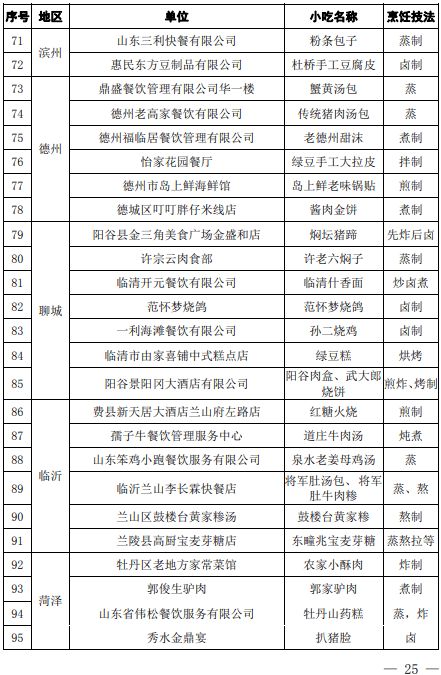餐饮领班个人管理方案及措施
Title: Effective Personal Management Strategies for Restaurant Floor Managers
In the dynamic environment of a restaurant, the role of a floor manager is crucial for ensuring smooth operations and excellent customer service. Effective personal management is key to fulfilling the responsibilities of this position. Here’s a comprehensive plan encompassing essential strategies tailored for restaurant floor managers:
1.
Time Management:
Time is a precious resource in the fastpaced restaurant industry. Prioritize tasks based on urgency and importance. Utilize tools like timeblocking to allocate specific time slots for different responsibilities such as staff briefings, inventory management, and customer service.
2. Communication Skills:
Clear and concise communication is vital for effective coordination among staff members. Foster an environment where open communication is encouraged, whether it’s conveying expectations to the team or actively listening to their concerns. Utilize both verbal and nonverbal cues to ensure messages are understood correctly.
3. Leadership Development:
Empower and motivate your team by leading by example. Demonstrate professionalism, integrity, and a positive attitude at all times. Provide constructive feedback and recognize employees’ efforts to cultivate a culture of continuous improvement and mutual respect.
4. Conflict Resolution:

Conflicts are inevitable in any workplace. Equip yourself with conflict resolution skills to address issues promptly and impartially. Act as a mediator when disputes arise between staff members and strive to find mutually beneficial solutions.
5. Training and Development:
Invest in ongoing training programs to enhance the skills and knowledge of your team members. Conduct regular training sessions on customer service, food safety, and new operational procedures. Encourage crosstraining to broaden employees’ skill sets and foster a more versatile workforce.
6. Stress Management:
The restaurant environment can be demanding, leading to stress and burnout if not managed effectively. Practice stressrelief techniques such as deep breathing, mindfulness, or taking short breaks during busy shifts. Encourage your team to prioritize selfcare and maintain a healthy worklife balance.
7. Adaptability:
Flexibility is essential in an industry where circumstances can change rapidly. Be prepared to adjust schedules, reassign tasks, or modify procedures to accommodate unexpected challenges such as equipment breakdowns or fluctuating customer demand.
8. Quality Assurance:
Maintain high standards of quality in all aspects of restaurant operations, from food preparation to customer service. Conduct regular inspections to ensure cleanliness, hygiene, and adherence to safety protocols. Address any deficiencies promptly to uphold the restaurant’s reputation.
9. Performance Metrics:
Implement key performance indicators (KPIs) to track the performance of both individual staff members and overall operations. Monitor metrics such as table turnover rate, customer satisfaction scores, and average ticket sales to identify areas for improvement and celebrate achievements.
10. Continuous Improvement:
Strive for continuous learning and improvement in your role as a floor manager. Seek feedback from both customers and employees to identify areas for enhancement. Stay updated on industry trends, technological advancements, and best practices to remain competitive in the market.
By incorporating these personal management strategies into your daily routine, you can effectively lead your team, optimize restaurant operations, and deliver exceptional dining experiences to your customers. Remember, successful management starts with selfawareness, dedication, and a commitment to continuous growth.
标签: 餐饮领班管理员工方案 餐饮领班的岗位职责方案 餐饮领班个人管理方案及措施 餐饮领班个人管理方案范文
相关文章
